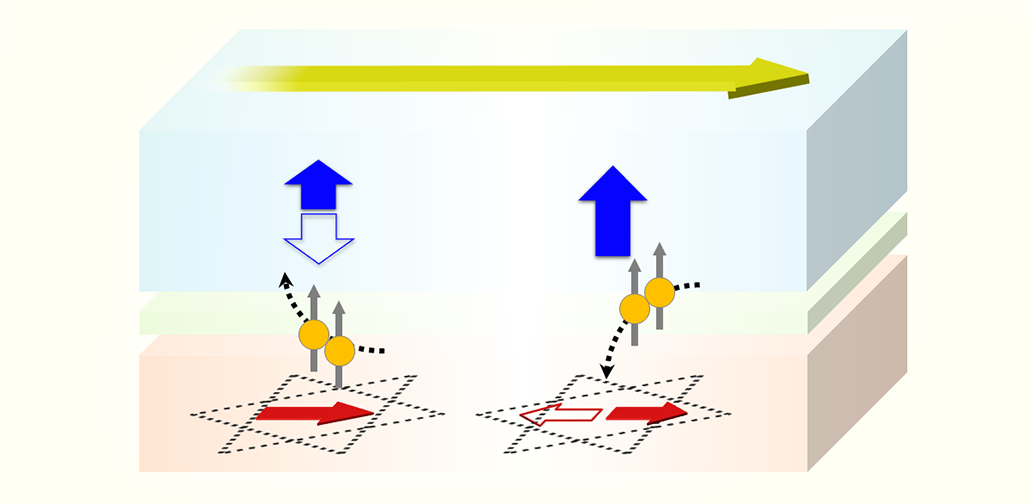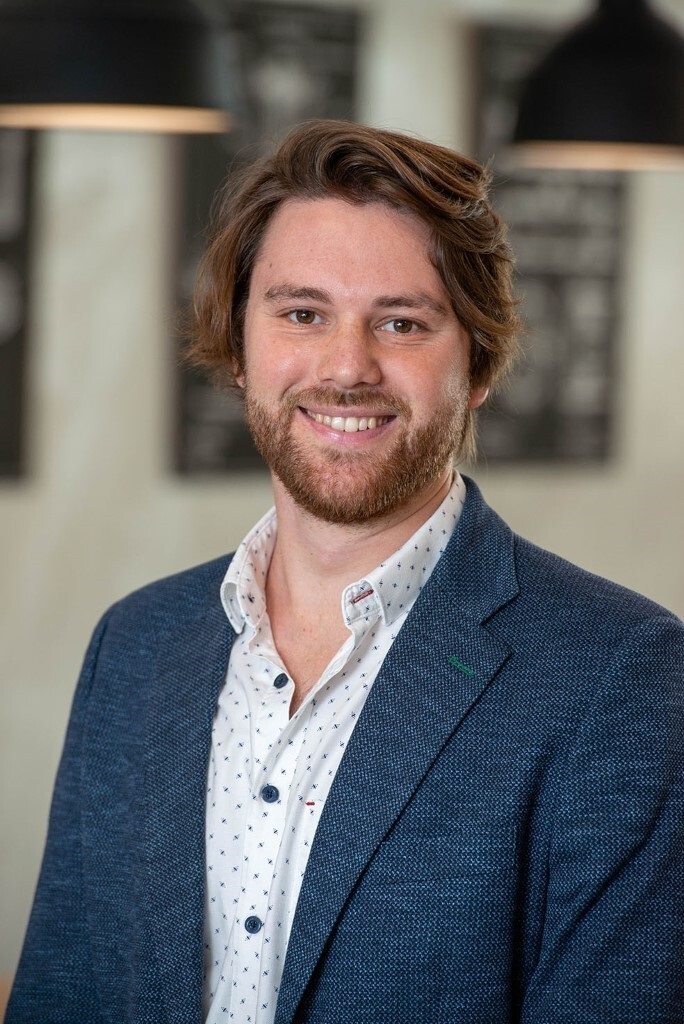More than a thousand bike riders are leading a national donation drive for cancer research that will save lives by fighting the most stubborn cancers that don’t respond to treatment.
For broadcast quality video and high-res images, please visit the Multimedia News Release:
Riders in the , Australia’s largest community cycling fundraising event, are aiming to raise $5 million to support vital new research, drug development and clinical trials for the 60% of cancers that don’t respond to current methods.
Cancer survivor Kane Blackburn says a ride to support medical research has special meaning for him.
“It’s a very big reason why I am still here today. My treatment, including the chemotherapy I was on was very new. It was all from recent medical research,” Kane said.
31-year-old Blackburn was enjoying time with family on a boat five years ago when his GP called and told him to urgently get to the Emergency Department.
“I ended up being diagnosed with a serious blood cancer that had a 30% survival rate.
“My treatment involved six weeks in isolation in hospital and in my room that gave me an exercise bike to use each day. Getting onto this exercise bike became my daily challenge so I think I have always embraced the cycling challenges like the MACA Cancer 200 ever since.”
Blackburn will ride in the MACA Cancer200 for the fourth time since his successful treatment.
The ride supports the work of the Harry Perkins Institute of Medical Research and will be held over 200 kilometres from Perth to Mandurah and back from October 26-27, with the start and finish at Perth’s iconic Optus Stadium.
Perkins Director Professor Peter Leedman says his research team can change lives, with breathtaking discoveries within reach.
“Our research is taking on some of the most difficult challenges but needs financial support to continue working on game changing discoveries. We are on the cusp of some pioneering work which is going to lead to better outcomes for a lot of people, who need better drugs and better treatment to help fight this disease,” Professor Leedman said.
“We have made so much progress over the years and survival rates are on the improve for many types of cancer. But we need to do a lot more work and investigation to develop more effective treatment for cancers like head and neck, brain and liver and pancreatic cancer. Each year cancer costs more than $4.5 billion in direct health system costs, so game changing research is vital.”
Perkins Coordinator of Translational Cancer Research Dr Louise Winteringham says her team in the laboratories looks forward to coming to work each day to make progress on fighting the toughest forms of cancer.
“We are seeing so many positive steps in our labs.
“It’s incredible to see riders out on the course with such a great spirit and camaraderie, all united for one great cause. It’s this generosity that inspires us each day. We are making great strides in our research which is set to offer more effective treatments for Australians diagnosed with cancer.
“You can support individual riders and the Perkins Institute by visiting and making a donation to this really important cause.”








